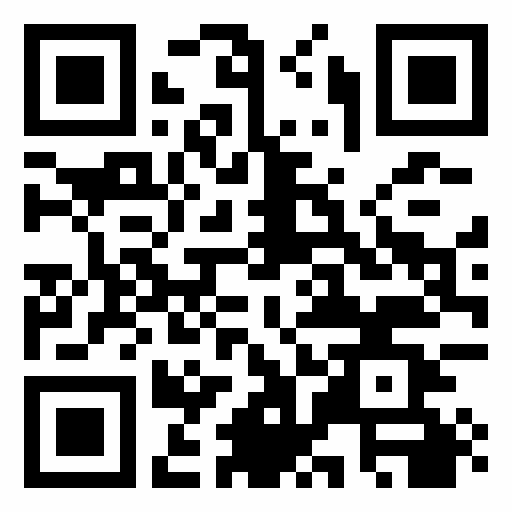Studying the effect of lullaby on some of physiological factors due to endtracheal tube suction of preterm infants confined to bed in intensive care unit (ICU)
Download PDF
Mitra Edraki1*, Nooshin Beheshtipour2, Seyyed Mostajab Razavi 3, Zahra zahadatpour4
Abstract
Objectives: Determining the effect of lullabies on some physiologic and behavioral responses during endotracheal suctioning in premature infants in neonatal intensive care unit. Design: Single-blind randomized clinical trial. Setting and conduct: 25 infants qualified for the study are randomly assigned to A and B groups by using the sealed envelope method. The lullaby is played for the babies in group A before and after the suctioning and then it will not be played for the next 24 hours. The order is reversed for the babies in group B. In both groups,the babies are filmed for 20 minutes and heart rate, blood oxygen saturation and behavioral states are recorded by APIB scale. Finally, the changes in the physiological and behavioral parameters of the two groups are compared. Participants including major eligibility criteria: Postnatal age 1 to 28 days after birth; gestational age 28 to 36 weeks; neonate's need to endotracheal suctioning; no sedative medicine use during the past 24 hours; no maternal drug or sedative abuse; neonatal hearing ability (having startle reflex); no congenital malformation; no evidence of grade II or higher intraventricular hemorrhage or neurological disorders; not having used invasive procedures for the baby for at least 3 hours; endotracheal tube insertion at least 24 hours earlier. Major exclusion criteria: Parents' unwillingness to continue cooperating in research; symptoms of physiological instability in the infant. Interventions: Playing lullaby before and after the suctioning. Main outcome measures (variables): Heart rate, blood oxygen saturation, and behavioral responses.
